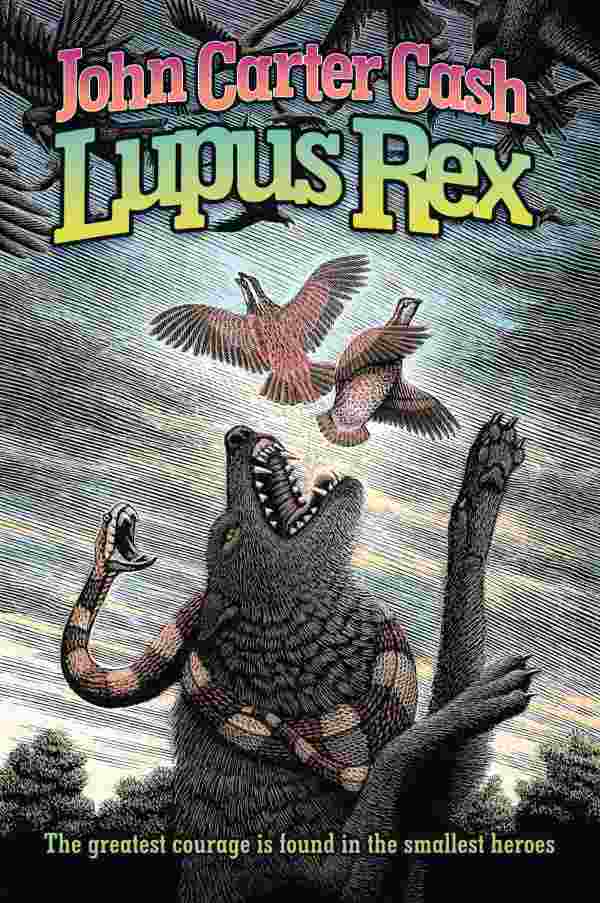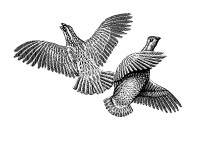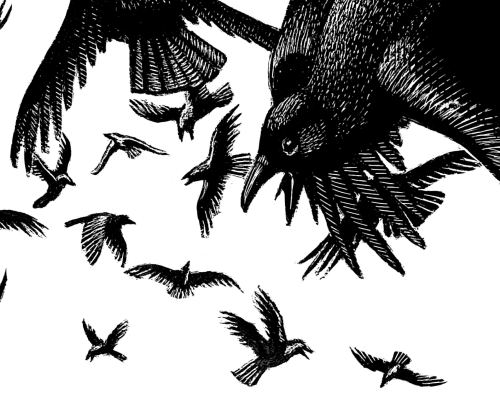Lupus Rex


Other books by John Carter Cash
Anchored in Love
Momma Loves Her Little Son
Daddy Loves His Little Girl
House of Cash
The Cat in the Rhinestone Suit
Lupus Rex
John Carter Cash

First published 2013 by Ravenstone
an imprint of Rebellion Publishing Ltd,
Riverside House, Osney Mead,
Oxford, OX2 0ES, UK

ISBN (epub): 978-1-84997-554-4
ISBN (mobi): 978-1-84997-555-1
Copyright © 2013 Cash Productions, LLC.
Cover art by Douglas Smith
The right of the author to be identified as the author of this work has been asserted in accordance with the Copyright, Designs and Patents Act 1988.
All rights reserved. No part of this publication may be reproduced, stored in a retrieval system, or transmitted, in any form or by any means, electronic, mechanical, photocopying, recording or otherwise, without the prior permission of the copyright owners.
To the memory of my father, John R Cash,
who introduced me to the wonders of nature and
the limitless mysteries concealed therein.

A gathering of crows is known as a muster,
murder, or storytelling.


Prelude
The Rumour of Doves
T
HERE WAS A
buzz on the line.
That was one reason the doves perched on it. From when they landed until they flew, the buzz filled them as rain does a willow trunk. First tingling their feet, with sharp claws clasped tight to the wire, then up into their bodies and onto the folded tips of their wings, and finally to their heads where it prickled the eager tips of their quills. It felt good.
Then there was the view. From their lofty perch, they could see the Murder’s Field, from the south to the north, all of the forest beyond, and the smoky purple-green of the distant peaks as well. They watched from here the goings-on below and paid close attention to where the other birds were gathered. If there was a gathering, there was surely food—maybe grain. That was the first thing they looked for: animals feeding.
On the line they heard news. The wind always brought news to the doves. One would hear and whisper into another’s ear, and likewise that one to another. If Zeno were to ask Tropha, “Where did you hear that?” (which he never did), Tropha would say, “I heard it from my brother.” And if the brother were to ask the next, “Where did you hear that?” (which he never did), that one would say, “I heard it from my cousin.” And if the cousin were asked where he heard it, he would say, “I heard it from . . .” And it would go on until the last of the birds was questioned. He would then reply, “Why, I really don’t remember. I am sure Zeno told me.” But the birds never asked one another anything at all. There was always too much telling going on. Listening and telling.
And it was on that early fall day, when the first of the stores of grain were being harvested in the field by the man with his machine, and the quail hid and waited for the sun to set low, the time when the man would wipe his brow and drink his cool, brown liquid and go to his house to be fed by his woman, the time when the skunks were sleeping and the captain of the army was seeking the King’s child, Nascus, in the north forest, that Zeno whispered the thing to Tropha. And so one to the other and the other to the next and on down the line until they were all cooing softly and excitedly. The doves sat on the line and felt the buzz and cooed and whispered. Then a silence descended, and they looked out upon the forest. Far away and high in the sky, an ebony dot appeared.
The doves sat on the line and felt the buzz.
The dot flattened and took the shape of the crooked end of a broken branch, then shaped to black cutting feathers sifting the air at the ends of furious wings. Another dot appeared behind the winged thing. Crows: the captain of the murder and the middle son of the King. And as the shapes grew closer, the doves flew into formation, the shape of a pyramid—three at the bottom; two, Zeno and Tropha, in the middle; and one at the top. Two birds flew just behind the formation, one above the other. And they flew close to the crows, listening for words on the wind or smells from scavenging so that they’d have more news to spread with what the wind had whispered. But the doves did not fly too close to the General for fear of catching his attention, nor directly behind the crows so as to appear threatening.
And when the dark birds grew close to the King’s nest, the doves veered away and flew down to the edges of the field and into the brush to find the quail and the rabbits and the badger and the mice and the rat.
They had news to tell.

Chapter One
Proclamations and Gluttonies
“T
HE
K
ING IS
dead!” cried Jackdaw, flopping his wings in fitful, tumultuous flight. “The time of consideration and, oh, the most fowl grief has come! The King is dead!”
Jackdaw the crier; Jackdaw the jester. He was always joking, always bringing light to the day, even when the snakes woke in spring and the young needed food and there was none. Jackdaw was always cheerful when he was performing his job as crier, but not today. His wings were tired and his throat was dry. He was used to bellowing out, “The spring is here!” Or “Harvest has begun!” (which he had cried the very day before), or even “There is born a new grandchick to the King!” But never in his life had he been required to broadcast such an announcement. These words caused his beak to ache with the effort of driving the phrases through. The wise and brave Mellori was dead. Life was finished as he had known it.
And all the animals in and around the field heard his words. The rabbits huddled in fear. The moles and mice paid little heed, hidden away in their dens, but those who did hear only pushed deeper into their burrows.